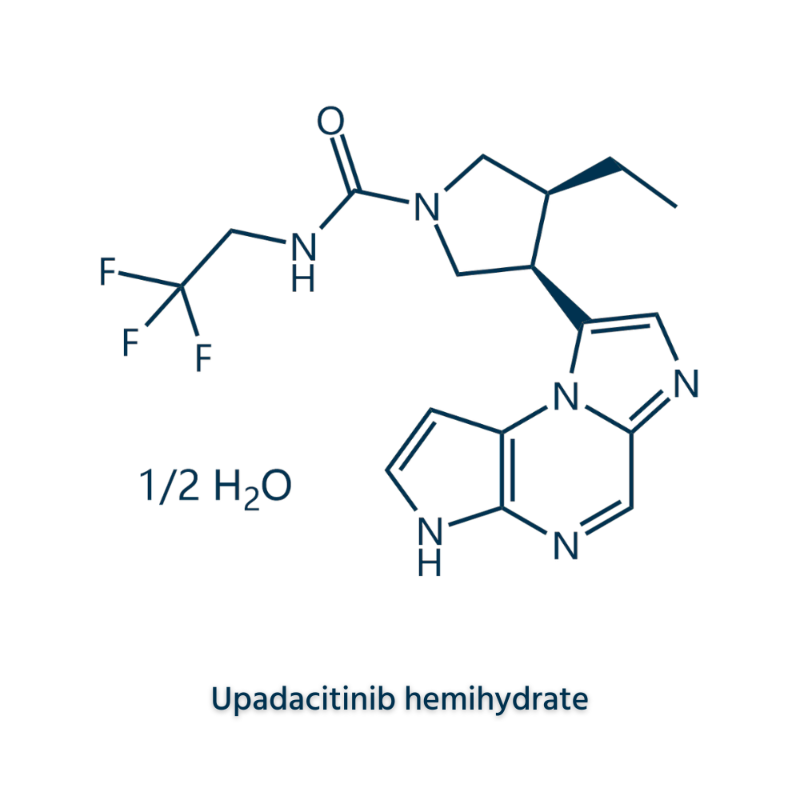-
Categories
-
Pharmaceutical Intermediates
-
Active Pharmaceutical Ingredients
-
Food Additives
- Industrial Coatings
- Agrochemicals
- Dyes and Pigments
- Surfactant
- Flavors and Fragrances
- Chemical Reagents
- Catalyst and Auxiliary
- Natural Products
- Inorganic Chemistry
-
Organic Chemistry
-
Biochemical Engineering
- Analytical Chemistry
-
Cosmetic Ingredient
- Water Treatment Chemical
-
Pharmaceutical Intermediates
Promotion
ECHEMI Mall
Wholesale
Weekly Price
Exhibition
News
-
Trade Service
T cells are an important part of the body's immune system, helping not only to clear invading pathogens, such as viruses, but also to kill cancer cells
In recent years, cellular immunotherapy, represented by CAR-T, transforms T cells of cancer patients in vitro to make them recognize antigens on the surface of tumor cells, and then infuse these cells back into the patient to recognize and kill cancer cells the therapeutic effect
Cellular immunotherapy, represented by CAR-T, transforms the T cells of cancer patients in vitro to make them recognize antigens on the surface of tumor cells, and then infuse these cells back into the patient to achieve the therapeutic effect of identifying and killing cancer cells.
Immune checkpoint therapy represented by PD-1/PD-L1 inhibitors is considered to have completely changed the cancer treatment landscape and has a good therapeutic effect on a variety of cancers, but not all patients respond, and with As treatment progresses, drug resistance emerges
Recently, researchers from Monash University in Australia published a research paper entitled: PTP1B Is an Intracellular Checkpoint that Limits T-cell and CAR T-cell Antitumor Immunity in the journal Cancer Discovery .
Cancer Discovery PTP1B Is an Intracellular Checkpoint that Limits T-cell and CAR T-cell Antitumor Immunity
The study found that inhibiting protein tyrosine phosphatase 1B (PTP1B) on T cells mobilized the body's immune response to cancer and helped suppress tumor growth
This study identified PTP1B as an intracellular immune checkpoint and a cancer therapeutic target.
In this study, the research team found that high expression of PTP1B on T cells restricted T cell expansion and inhibited its cytotoxic effects, thereby promoting tumor growth
Next, the research team conducted validation experiments in mouse models and found that inhibiting PTP1B enhanced the cancer cell's response to PD-1 inhibitors
To advance this work, the research team said, a critical next step will be to further determine the impact of PTP1B loss on human CAR-T and conventional T cells
The research team will collaborate with DepYmed, which develops PTP1B inhibitors, to pool and test the effects of oral PTP1B inhibitors in preclinical animal models, laying the foundation for future clinical trials
Original source:
Original source:Florian Wiede, et al.
PTP1B Is an Intracellular Checkpoint that Limits T-cell and CAR T-cell Antitumor Immunity
Leave a Comment here







